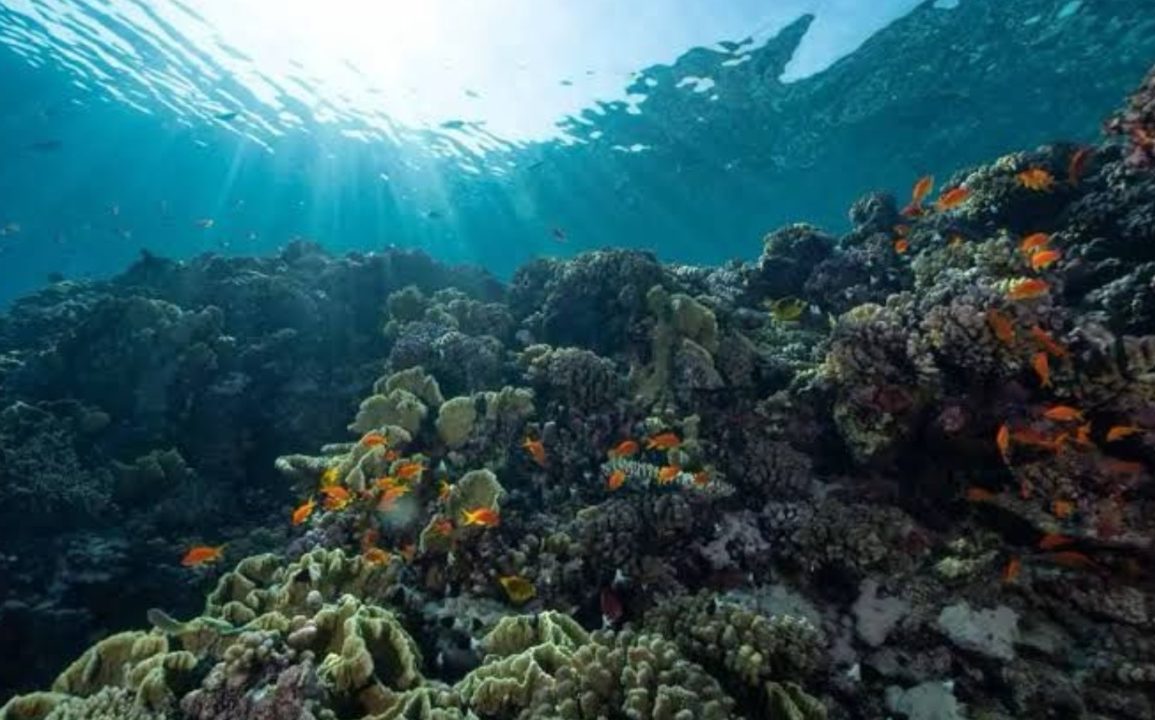The primary issue driving environmental degradation is carbon emissions, which not only contribute to global warming but also disturb oceanic equilibrium. Since the Industrial Revolution, about one-third of human-generated CO2 has been absorbed by the oceans. Unfortunately, CO2 is an acidic gas, and its absorption has led to a nearly 30% rise in ocean acidity. If significant changes aren’t made, acidity levels could rise by another 150% by the end of the century.
This increase in acidity has dire consequences for marine life. Many ocean organisms, such as corals, oysters, and crabs, rely on carbonate to build their shells and skeletons. As the ocean becomes more acidic, carbonate dissolves more easily, making it difficult for these creatures to form their structures. This poses a threat not just to large marine animals but also to smaller species like plankton, which are vital to the ocean food chain.

The disruption in marine ecosystems could have cascading effects throughout the food web. Plankton, a foundational species, is critical for sustaining many larger marine animals. Without them, the entire oceanic ecosystem could face destabilization. Experts warn that the ocean is nearing a “high-risk zone” where irreversible damage to marine life may occur if acidification continues unchecked.
This challenge ties into a broader environmental crisis concerning planetary boundaries. Scientists have defined nine key limits that, if crossed, threaten Earth’s stability. As of a September 2023 report, six of these boundaries have already been surpassed, including those related to climate change and biodiversity loss. Ocean acidification is on the verge of breaching its threshold, further exacerbating ecological risks.
Urgent action is needed to address these environmental issues. Boris Sakschewski and other researchers emphasize that CO2 emissions will persist in the atmosphere and oceans for thousands of years, making it imperative to reduce emissions now. By limiting carbon output, we can mitigate ocean acidification and safeguard marine ecosystems, preventing further escalation of this environmental crisis.

